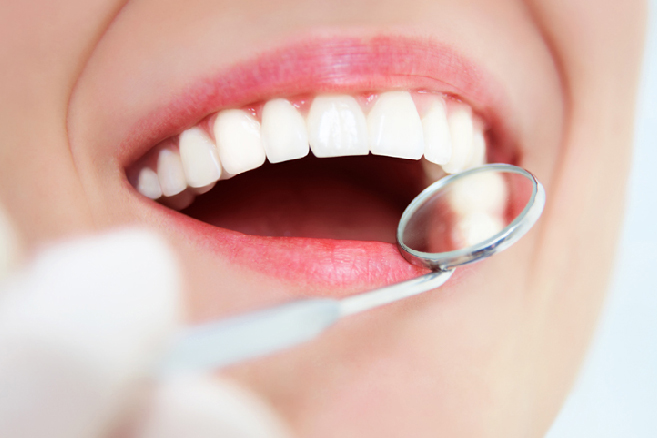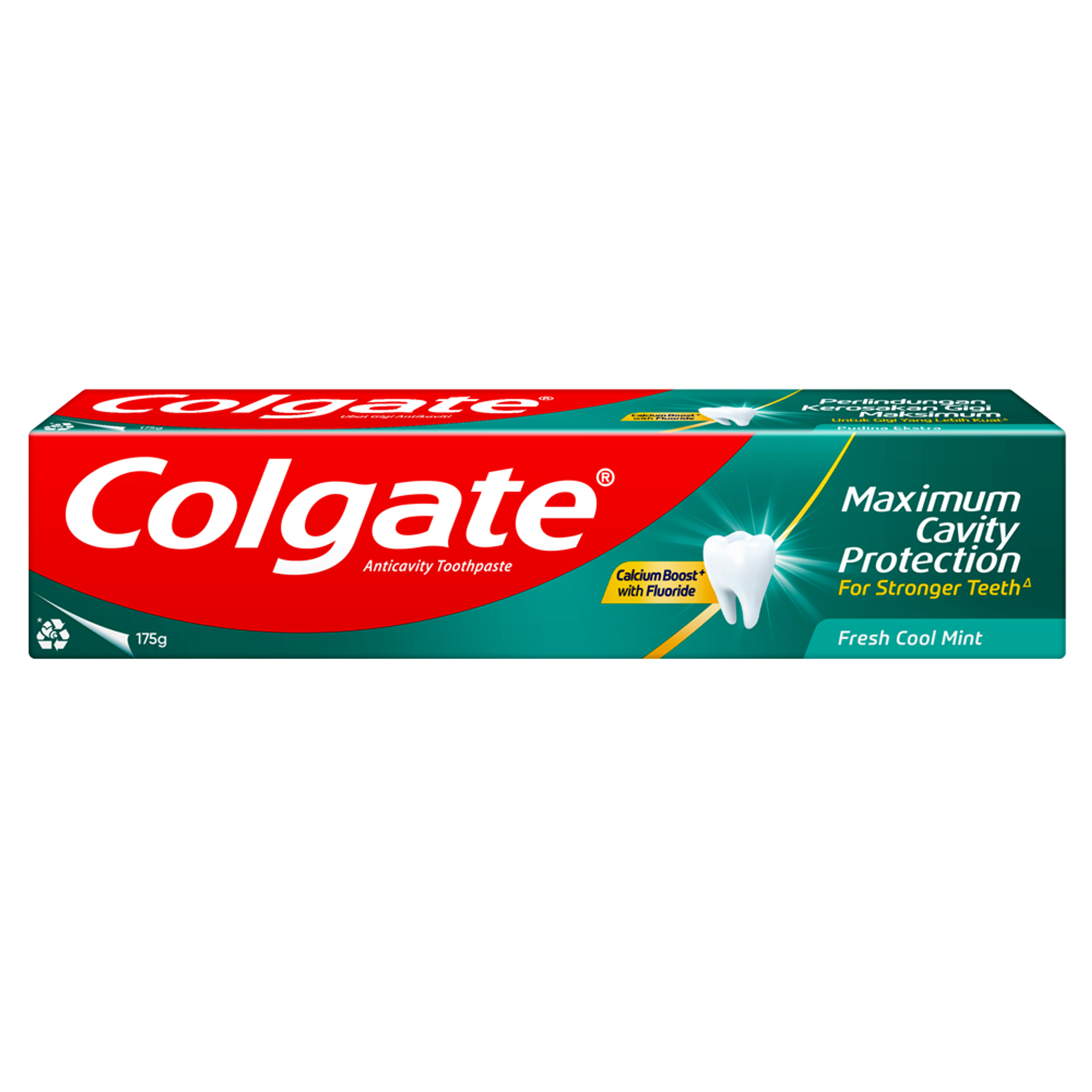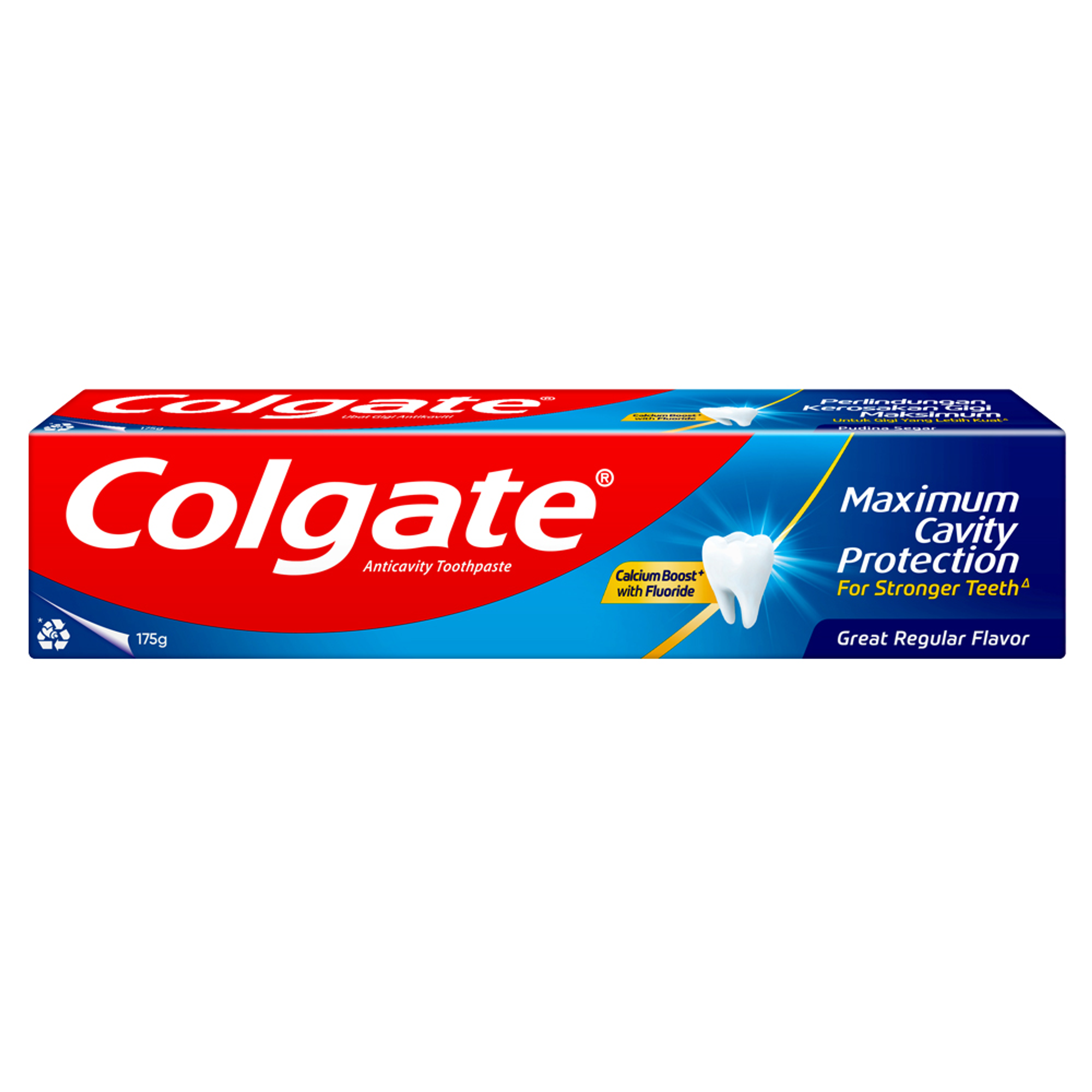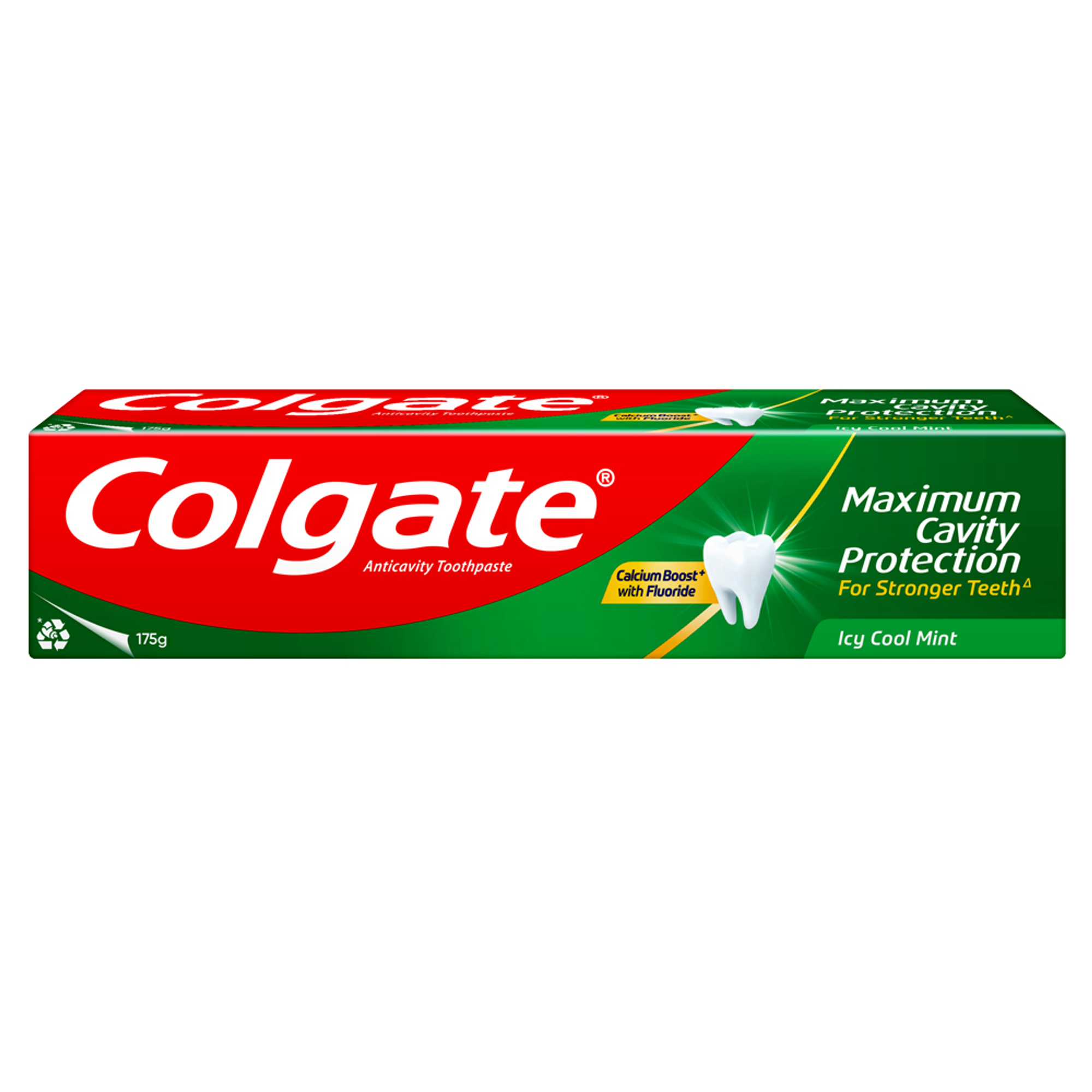-
-

FLUORIDE
Discover how stannous fluoride toothpaste prevents cavities and other oral health issues. Learn the key benefits of fluoride for teeth and its best uses.Fluoride plays a vital role in oral healthcare...

TEETH WHITENING
Teeth Whitening Serum for a Brighter, Confident SmileWho does not want whiter and brighter teeth? Thanks to the many teeth-whitening products available today...
-
Science & Innovation
- ORAL HEALTH ASSESSMENT
- Colgate® | Toothpaste, Toothbrushes & Oral Care Resources
- Oral Health
- Five Ways to Reverse Tooth Decay


If your dentist has told you that you have cavities, it's time to start thinking about ways to reverse tooth decay. Most of us have been told since we were very young that sugar will destroy our teeth. This is because sugars and carbohydrates combine with the plaque biofilm that forms on the teeth and at the gum line after eating a meal. The bacteria in the plaque combined with sugars/carbohydrates will produce acids and the acids will attack the enamel of the teeth and cause tooth decay to occur. Here are a few tips beyond brushing and flossing to help you prevent these cavities from forming.
What You Drink Makes a Difference
Water is by far the best beverage for preventing cavities. Use it to neutralise acids and as a substitute for brushing properly in situations where you simply can't. Another good way of preventing acid from doing damage to your tooth enamel is drinking through a straw. Sucking the liquid sends it directly to the throat, thus giving it less time to bathe the teeth.
Eating Nutritious Meals
Besides drinking more water, consider adding more nutritious meals to your diet. Try limiting the amount of carbohydrates you eat as well as foods that contain a lot of sugar.
A Good Toothbrush Is Your Ally
When did you last change your toothbrush? Many people hang onto the same toothbrush for years at a time, but if the bristles have become frayed, it is definitely time to replace it. A good rule of thumb is to change toothbrushes around every three months, especially after a cold, virus or mouth infection. These days, there are many types of toothbrushes to choose from: curved, traditional straight, soft, medium, hard etc. Find the toothbrush that is most comfortable for you and use it regularly; brushing and flossing are two of the most important ways of preventing cavities.
Chew Sugarless Gum
It seems ironic to tell someone to chew gum in order to maintain good oral care, but chewing sugarless gum after a meal can actually help to prevent cavities. Most sugarless varieties of gum contain a natural sweetener called xylitol. Because xylitol is a five-carbon sugar alcohol, it helps to reduce plaque formation and how the plaque attaches to the tooth. Xylitol has been shown to be effective as a preventive agent. The activity of chewing itself also increases saliva, which in turn flushes away food particles.
Use Antacids for Excess Acid
If you suffer from acid reflux disease, it may be a good idea to take antacids to reduce the acidic environment in your stomach. Acid rising to the mouth bathes the teeth in caustic liquid that erodes the teeth, causing sensitivity and decay.
These tips are just a few ways to reverse tooth decay. Make sure to schedule regular visits to your dentist for cleaning and check-ups for cavities. Learn more about tooth decay in the Colgate Oral Care resources.
Related Articles

The longer that you put off tooth decay treatment, the more involved, expensive and painful that treatment could become.


Related Products

Helping dental professionals
More professionals across the world trust Colgate. Find resources, products, and information to give your patients a healthier future







